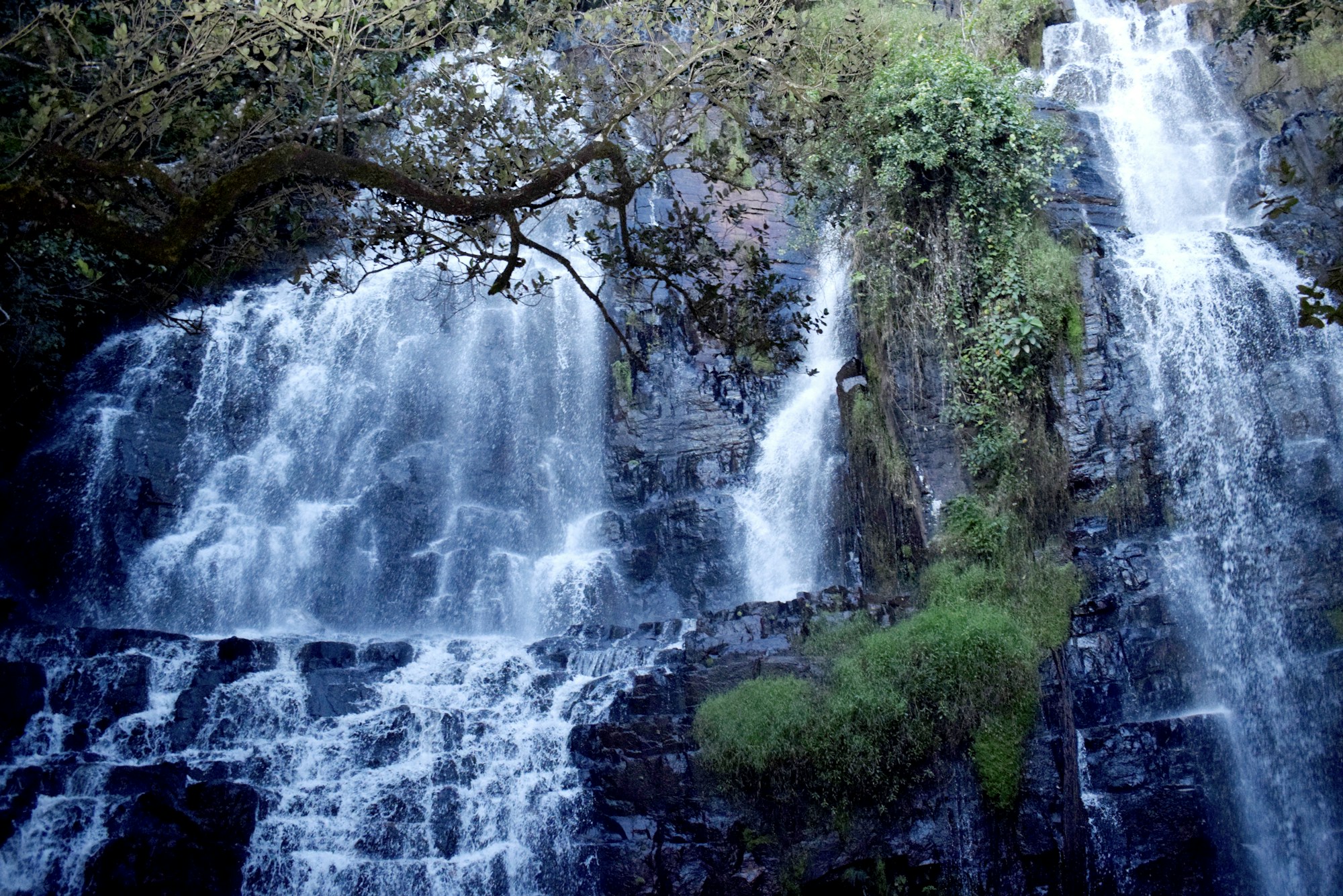Burundi Culture & Traditions: History, Customs, Festivals

Burundi Culture & Traditions: History, Customs, Festivals
Burundi, located in East Africa, is a fascinating country with a rich culture and vibrant traditions. Understanding the history, customs, and festivals of Burundi can provide travelers with a deeper insight into the local way of life.
History
Burundi's history dates back to ancient times, with evidence of human settlement in the region dating back thousands of years. The country was ruled by various kingdoms before becoming a German colony in the late 19th century. After World War I, it fell under Belgian rule before finally gaining independence in 1962.
The history of Burundi is closely intertwined with neighboring Rwanda, as both countries share a similar cultural heritage and language. However, Burundi has also faced internal divisions and conflicts, particularly between the Hutu and Tutsi ethnic groups.
Customs
Customs in Burundi are diverse and reflect the country's cultural heritage. The Burundian people are known for their hospitality and respect for elders. It is common to greet others with a handshake, and it is considered polite to address people using their titles and last names.
The family is central to Burundian society, and there is a strong emphasis on communal living. Extended families often live together in large compounds, and decisions are made collectively. Respect for family elders and authority figures is deeply ingrained in Burundian customs.
Traditional clothing is still widely worn in Burundi, especially during important events and ceremonies. Women often wear colorful dresses and headscarves, while men don traditional robes and hats. Burundian traditional attire is a source of pride and reflects the country's cultural identity.
Festivals
Burundi is home to a variety of vibrant festivals that showcase the country's cultural diversity. One of the most prominent festivals is the Burundi Drum Festival, held annually in Gitega. This festival celebrates the traditional drumming culture of Burundi, with performances by drummers from different regions of the country.
The Imuhira Festival is another significant event in Burundi, showcasing traditional dances, music, and rituals. This festival brings together people from various ethnic groups to celebrate their shared cultural heritage and promote unity.
Additionally, Burundi celebrates Independence Day on July 1st with parades, music, and fireworks. This day marks the country's liberation from colonial rule and is an occasion for national pride and celebration.
Other festivals in Burundi include the Bugendana Festival, which celebrates the harvest season, and the Akazu Festival, which showcases traditional storytelling and oral traditions.
Overall, Burundi's culture and traditions are deeply rooted in history and play a vital role in shaping the country's identity. Exploring these aspects during a visit to Burundi can provide a unique and immersive experience.
